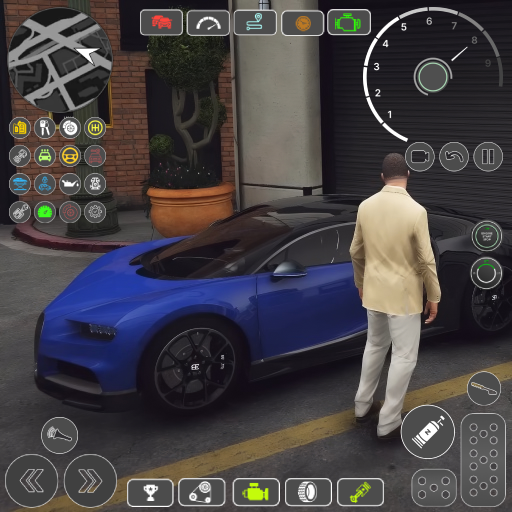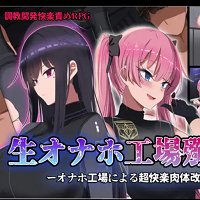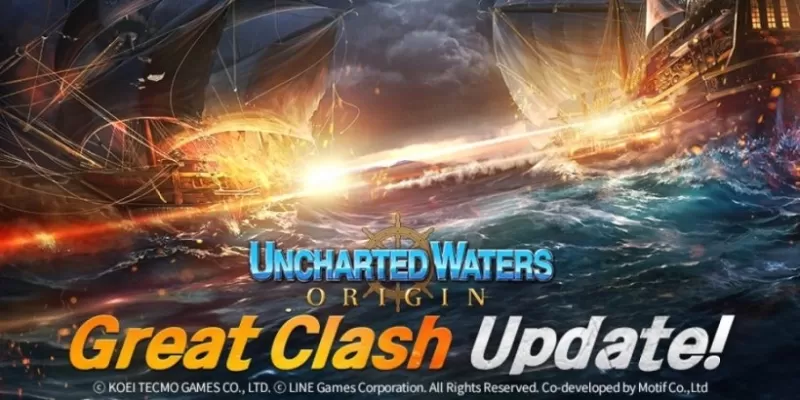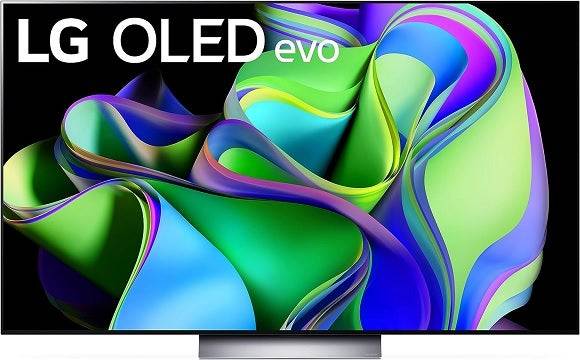Grant Kirkhope, the renowned composer behind classic games like Donkey Kong 64, has clarified why he wasn't credited in The Super Mario Bros. Movie for his iconic DK Rap contribution.
Speaking with Eurogamer, Kirkhope revealed that Nintendo established a policy of not crediting composers for owned game music—with the exception of Koji Kondo—even for vocal tracks like the DK Rap.
Nintendo's Credit Policy Explained
"They told me any Nintendo-owned game music wouldn't credit composers, except Koji Kondo," Kirkhope explained. "Vocal tracks were initially an exception, but ultimately everything Nintendo owned followed the same rule."
The composer shared his disappointment about the post-credits experience: "By the time the music credits roll, theaters are empty except my family. For just a few lines of text..."
The 2023 Controversy
Last year, Kirkhope publicly lamented his omission from the film's credits, tweeting: "I was really looking forward to seeing my name for the DK Rap, but as expected, it's not there..."
I was really looking forward to see my name in the credits for the DK Rap, but alas as expected it's not there ........ fml
— Grant Kirkhope (@grantkirkhope) April 5, 2023
Interestingly, licensed tracks received proper attribution while Nintendo-owned compositions like Bowser's Fury did not.
Production Oddities and Future Possibilities
Kirkhope described the DK Rap's film usage as peculiar, suggesting it sounded like a direct N64 sample. The original recording involved Rare staff vocals and Kirkhope's guitar work—all uncredited.
When asked about potential inclusion in Nintendo's music service, Kirkhope speculated: "They've added David Wise's work. They own everything—it's their call. There were always whispers Nintendo wasn't fond of DK64."
Notably, Donkey Kong 64 remains absent from Nintendo Switch Online's N64 offerings, though the Rambi theme might appear in Donkey Kong Bananza.
Kirkhope's full interview with Eurogamer covers additional topics including Banjo-Kazooie's future and gaming nostalgia. Meanwhile, Nintendo's Mario movie franchise continues with a sequel slated for April 2026.
 Home
Home  Navigation
Navigation






 Latest Articles
Latest Articles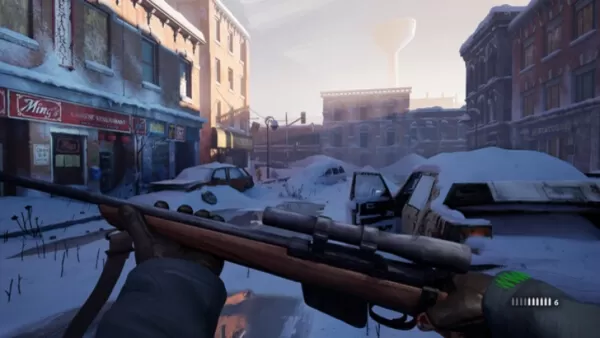
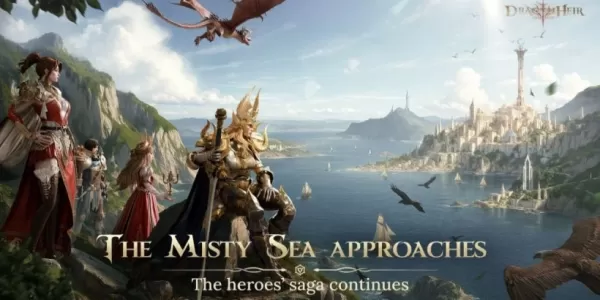
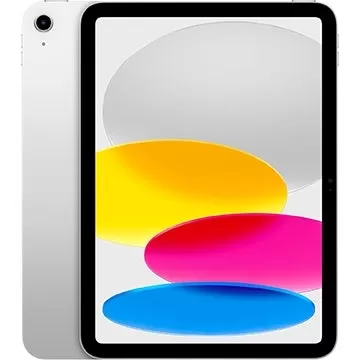


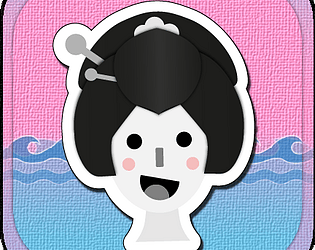


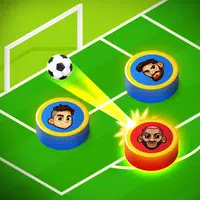
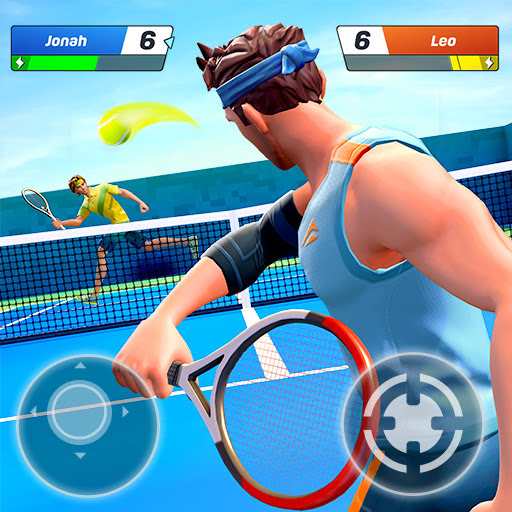

 Latest Games
Latest Games
